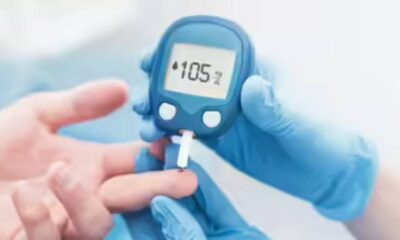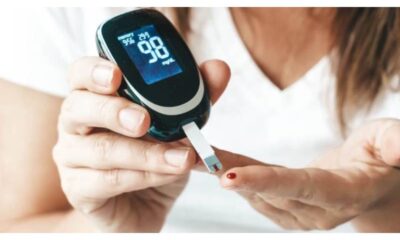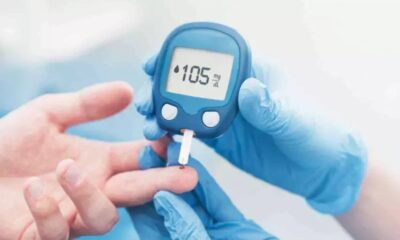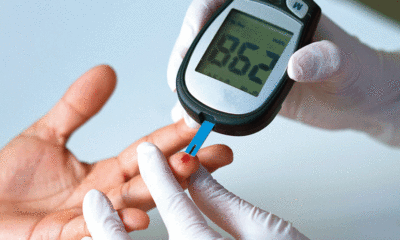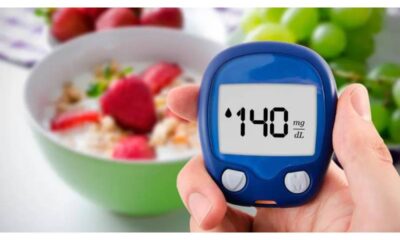Waking up to high blood sugar levels can be frustrating, especially when you feel like you’re doing everything right. Morning hyperglycemia is a common issue for many people, especially those with diabetes or insulin resistance. Understanding the root causes can help you take the right steps to manage it effectively. Here are five common reasons your blood sugar may be elevated in the morning—and what you can do about it.
1. The Dawn Phenomenon
Also known as the “dawn effect,” this natural hormonal process happens in everyone. In the early hours of the morning (usually between 2 a.m. and 8 a.m.), your body releases hormones like cortisol and growth hormone to help you wake up. These hormones can cause the liver to release glucose into the bloodstream, raising your blood sugar—even if you haven’t eaten anything.
What you can do:
- Talk to your doctor about adjusting your medication timing or dosage.
- Avoid high-carb or late-night snacks that could amplify the effect.
2. The Somogyi Effect (Rebound Hyperglycemia)
This occurs when your blood sugar drops too low during the night, prompting your liver to release extra glucose as a defense mechanism. The result? High blood sugar when you wake up.
What you can do:
- Check your blood sugar around 2–3 a.m. for several nights to see if this is happening.
- Consult your healthcare provider about modifying evening insulin or medications.
3. Eating Too Late at Night
Late-night meals or snacks—especially those high in refined carbs—can spike your blood sugar and keep it elevated into the morning. The body’s ability to manage blood glucose is less effective during sleep, so what you eat at night matters.
What you can do:
- Avoid eating heavy meals or sugary snacks within 2–3 hours of bedtime.
- Choose protein- or fiber-rich snacks if you need something before bed.
4. Not Enough Insulin or Medication
If you’re managing diabetes with insulin or other medications, insufficient dosage or timing could be the reason for high morning glucose. As your body continues to produce glucose overnight, medication that’s worn off too early may not be covering it.
What you can do:
- Work with your doctor to fine-tune your treatment plan.
- Consider long-acting insulin if you’re not already using it.
5. Poor Sleep or High Stress
Both poor sleep quality and chronic stress raise cortisol levels, which in turn can lead to elevated blood sugar—especially in the morning. Even one bad night of sleep can disrupt glucose metabolism.
What you can do:
- Aim for 7–9 hours of restful sleep each night.
- Practice stress-reduction techniques like meditation, deep breathing, or light exercise.
Final Thoughts
Morning blood sugar spikes can be caused by a variety of factors—some natural, some lifestyle-related. Identifying the underlying reason is the first step toward better glucose control. Keep a blood sugar log, pay attention to nighttime habits, and consult your healthcare provider to make data-driven adjustments to your routine.

 Diabetology2 weeks ago
Diabetology2 weeks ago
 Diabetology2 weeks ago
Diabetology2 weeks ago
 General Medicine1 week ago
General Medicine1 week ago
 Diabetology2 days ago
Diabetology2 days ago

